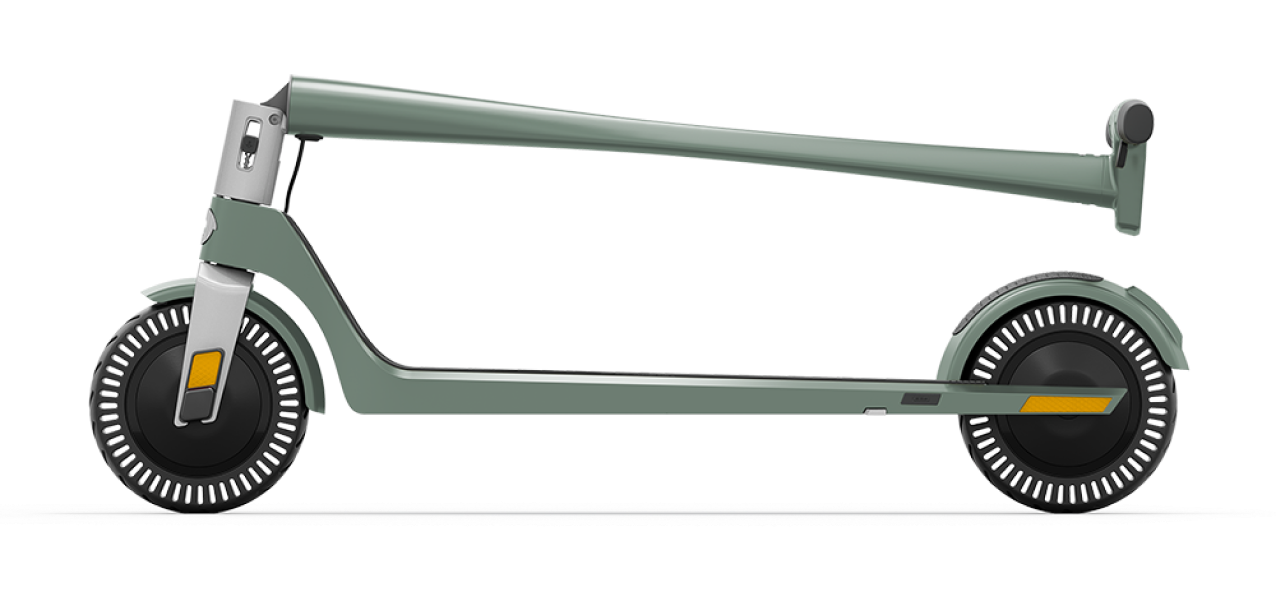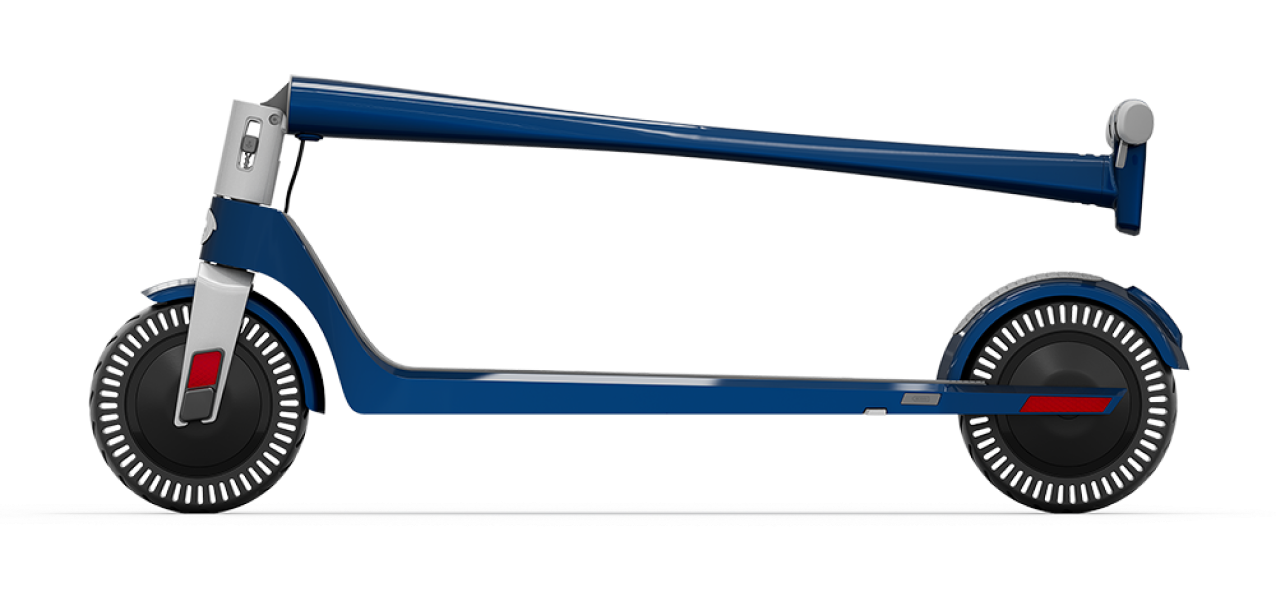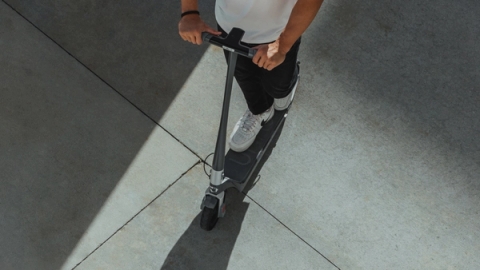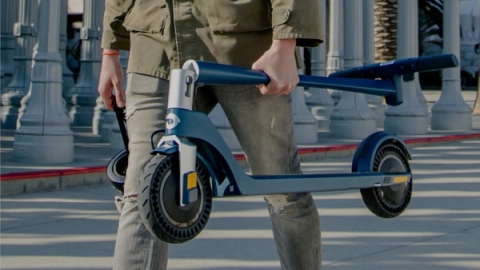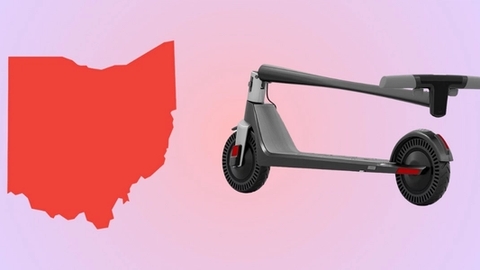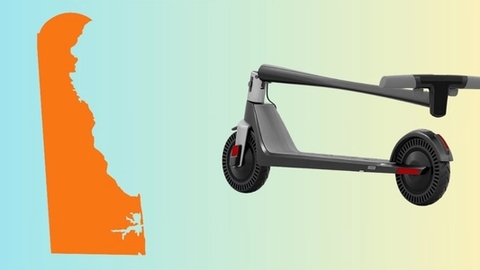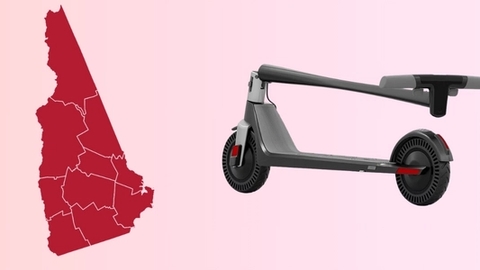Micromobility is here to stay, and it’s changing how we experience urban life for the better. With Unagi’s membership program, you can enjoy all the benefits of a top-tier electric scooter without the sky-high price of ownership or the inconvenience of ride-sharing.
In South Carolina, electric scooters exist in a sort of legal gray area. There's no statewide legislation that specifically addresses them. When you dive into the state's vehicle codes, the closest classifications you find are for mopeds and Electric-Assisted Personal Mobility Devices (EAPMDs). But even these don't quite fit.
Take EAPMDs, for instance. They require the device to be self-balancing—a characteristic electric scooters simply don't have. As for mopeds, they come with their own set of equipment requirements, and they must be registered and licensed by the Department of Motor Vehicles (DMV). Most electric scooters don't meet the standards to be registered.
So, where does that leave e-scooter riders? Mainly at the mercy of local regulations. Individual cities in South Carolina have stepped in to fill the void, each establishing their own rules. Many focus on shared rental scooters, often imposing bans or restrictions on operating them on public property. Privately owned scooters, however, tend to face fewer limitations and, in some places, might not be regulated at all.
This patchwork of city ordinances means that understanding where and how you can ride an electric scooter varies depending on where you are. To get a clearer picture, it's worth looking at the major cities in South Carolina. By examining their specific regulations, we can start to piece together an overview of electric scooter laws across South Carolina.

City-by-City Breakdown of Electric Scooter Laws in South Carolina
Electric scooter regulations vary widely across South Carolina, with no consistent statewide legislation. Below is a breakdown of the rules in major cities and towns to help scooter riders stay informed.
Charleston
Charleston permits electric scooters (privately owned) but imposes several restrictions to maintain order and ensure safety. Key regulations include:
- Road Use: You can ride your electric scooter on streets where the speed limit is 25 mph or less. That makes sense—you don't want to be on an electric scooter next to cars zooming by at highway speeds. You're expected to keep as far to the right as possible on the road, much like cyclists do.
- Sidewalks: Sidewalks are mostly off-limits. In the few spots where electric scooters are allowed, you've got to follow two key rules: stay under 15 mph and yield to people walking. If your electric foot scooter can exceed 15 mph, it's not permitted on sidewalks at all.
- No-Go Zones: Charleston has drawn some clear lines about where electric scooters don't belong. City parking garages? Nope. Surface lots? No. Athletic fields? Also, no—unless there's a specific sign saying otherwise. Additionally, scooters aren't allowed on sidewalks or roadways in commercial zones and school areas unless designated otherwise.
- Parking Regulations: Parking is another area with strict rules. If you leave your electric scooter unattended on public property for more than 24 hours, it can be confiscated, and you'll have to pay a $45 fee to get it back. The city's also particular about where you can't park: no street trees, street lights, stop signs, parking meters, boat docks, or any legal encroachments. On certain streets—like King Street between Spring and Market Streets—you can't park in a way that lets your scooter stick out into public space - even if you're on private property.
- Rentals: Charleston has also drawn a line in the sand regarding scooter rentals. Renting electric scooters for public use is prohibited.
So, if you're visiting and hoping to grab a shared scooter to tour the city, you're out of luck. You are better off looking for alternatives to rental electric scooters.
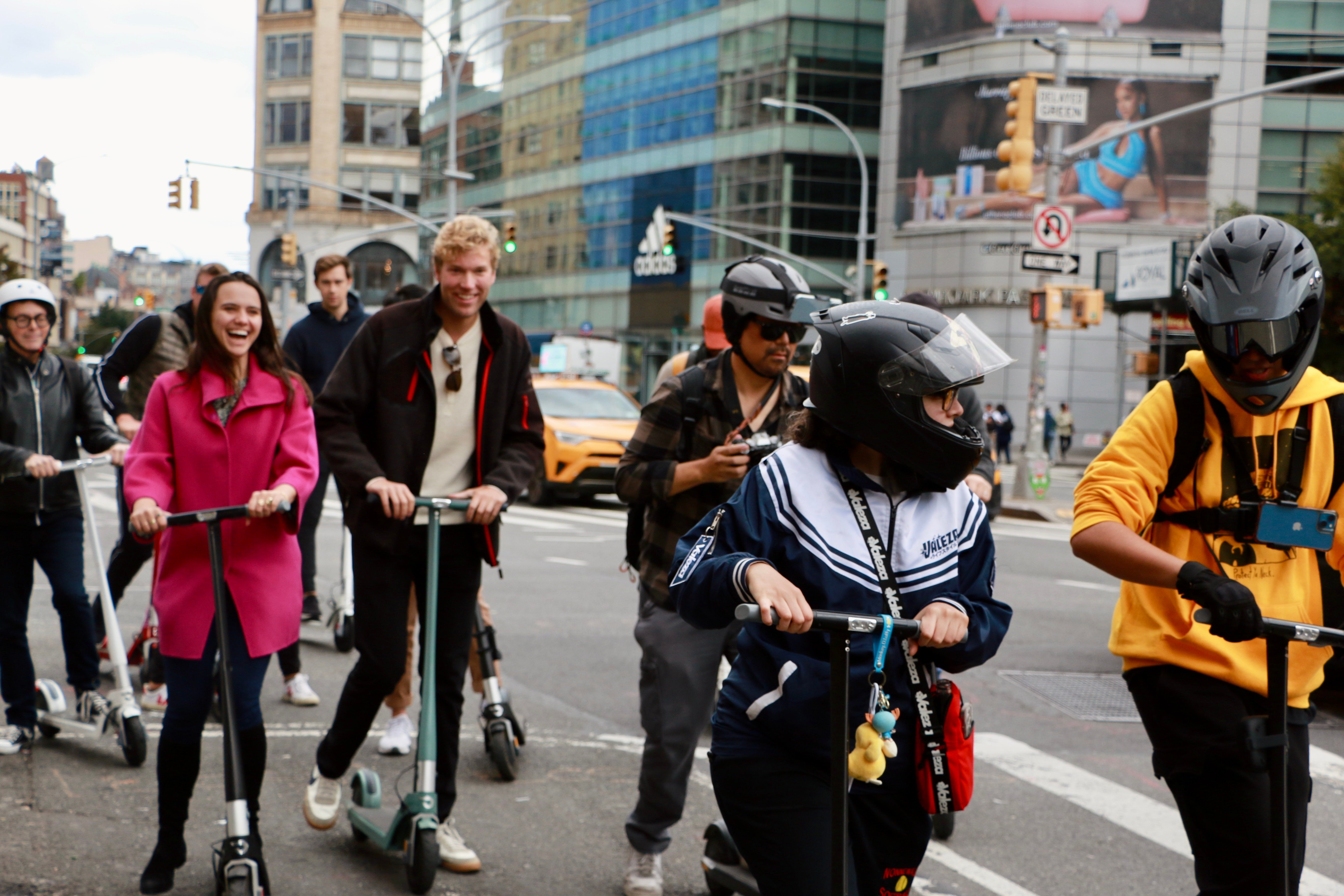
Columbia City SC
Columbia takes a stricter approach to electric scooters, particularly with their use on public property:
- Street Use: Scooters are prohibited on roads with speed limits of 25 mph or higher, effectively limiting them to residential streets and smaller roads.
- Sidewalks: Riding electric scooters on any public sidewalk is illegal.
- Helmet Requirement: Columbia takes safety seriously. You must wear a helmet and not just any—it must have a chin strap and, interestingly, reflectors on both sides for nighttime visibility.
- Parking Rules: Electric scooters can only be parked in designated public parking areas. Unauthorized parking in non-designated areas (like walkways or green spaces) is prohibited and is subject to fines.
- Enforcement: Break these rules, and you'll find yourself in municipal court. Ride recklessly, and you'll face consequences, whether that's fines or other penalties.
Myrtle Beach
Myrtle Beach barely mentions electric scooters in their regulations, but you can piece together what's allowed through rules about "similar devices." Here's what riding in this beach town looks like:
- Private vs. Shared: The city makes one thing crystal clear: no rentals and no shared mobility devices on public property. Owning your scooter? That's different—you'll mostly be dealing with general rules about where you can ride.
- Parking Problems: If you're thinking about leaving your scooter on public property or in the public right-of-way, that's a quick way to lose it. Unattended motorized foot scooters can be confiscated by local law enforcement or city officials. The city will hold it for 48 hours, then it's gone - donated, auctioned, whatever. Want it back? That'll be $100, and you better prove it's yours.
There are also specific areas where skateboards and similar devices like push scooters—which may extend to electric scooters—are completely off-limits. That is :
- High-traffic zones and places with posted signs prohibit these devices outright. In the core tourist area—from 13th Avenue South to 21st Avenue North—you can't use them on public streets, sidewalks, or restricted spaces.
- In the Market Common District, the rules are just as tight. They are only allowed on the multi-use pathway on the Grand Park side of Farrow Parkway. And if you're thinking about a leisurely ride along the Myrtle Beach boardwalk, think again. Skateboards, electric scooters, and similar devices are strictly forbidden there at all times.
Even in areas where scooters might be allowed, the city stresses safety. You're expected to operate your scooter carefully, yield to pedestrians, and maintain control at all times. Reckless riding isn't just discouraged; it could land you in legal trouble.
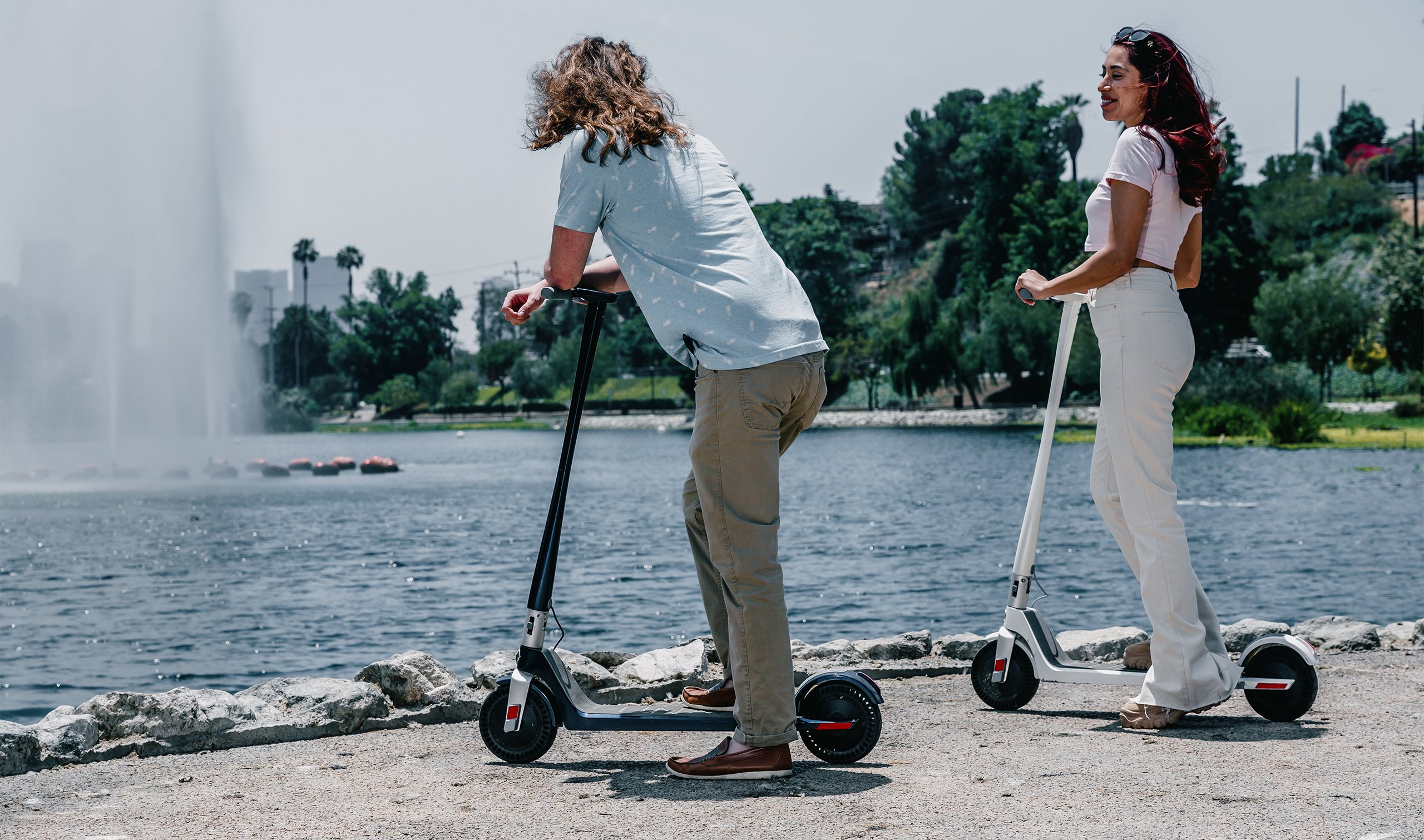
City of Greenville
Greenville doesn't offer much in the way of detailed regulations regarding electric scooters. What we do know is that rental scooters aren't allowed to operate within the city limits, and electric scooters are entirely banned in the central business district.
Outside these restricted zones, we can infer some rules by looking at how the city regulates similar devices like skateboards and push scooters. While these rules aren't explicitly aimed at electric scooters, they give us a baseline for what's acceptable.
- Road Rules: scooters, skateboards, roller skates, and similar devices are prohibited on roads with speed limits over 30 mph, except when crossing at a crosswalk. They're also banned in parking garages and lots.
- Safety Requirements: The city takes a hard line on reckless riding, especially on sidewalks. Riding carelessly can get you in serious trouble, even in areas where electric scooters are allowed.
- Enforcement: Greenville isn't kidding around with penalties. Your first violation is a misdemeanor with a $50 fine. Get caught again? Now you're looking at up to $500 and possibly 30 days in jail. Police also have the authority to confiscate scooters found violating these rules, and you could end up forfeiting your scooter to the city.
Hilton Head Island
Hilton Head Island keeps things straightforward: electric scooters are banned on all public pathways. There's not much room for interpretation here. If you're visiting or living on the island, you'll need to find another way to get around.
Mount Pleasant
Mount Pleasant falls into a bit of a gray zone when it comes to electric scooters. The city's ordinances don't specifically mention them, but there are indirect references that could apply. For example, motorized vehicles—which would include scooters—are prohibited on the pedestrian and bicycle walkway of the Ben Sawyer Bridge. Violating this rule can result in confiscation of your scooter and penalties.
Given the lack of explicit regulations, it's wise to err on the side of caution. One approach is to follow the city's morecomprehensive laws on bicycles and electric bicycles.
Rock Hill
Rock Hill adds another layer to the patchwork of electric scooter laws in South Carolina. The city's ordinances don't delve deeply into personal use but focus primarily on preventing rental services from operating within city limits.
Electric scooters are also not permitted in the downtown business area. The absence of explicit local rules about personal electric scooters might seem like a gray area, but that doesn't mean anything goes. The city has detailed bicycle laws, which could serve as a helpful guideline for electric scooter riders. Understanding these bicycle regulations can give you a sense of what's expected on the road and help you avoid unintended infractions.

Conclusion: Are Electric Scooters Legal in South Carolina?
After digging through the ordinances of various cities in South Carolina, one thing becomes clear: the laws governing electric scooters are anything but uniform. The state lacks comprehensive legislation on the matter, leaving each city to chart its course.
This patchwork approach creates a lot of gray areas, especially for personal electric scooter use. So, what's an electric scooter rider to do? As a baseline, follow the "least wrong" strategy, which involves looking to existing laws for similar devices—like bicycles, electric skateboards, and e-bikes. Here are some general guidelines that could help you stay on the right side of the law:
- Stick to Designated Bike Lanes: Whenever possible, use bike lanes. It's usually the safest option and the least likely to cause problems. If none are available, ride as close to the right side of the road as is safe and practical.
- Ride on Low-Speed Roads: Avoid roads with speed limits exceeding 25 mph. If you have to use such a roadway, stay as far right as possible and use the shoulder if it's safe to do so. Almost every city agrees on this, even if they don't explicitly mention electric scooters.
- Avoid sidewalks, especially in crowded areas, protected zones, and central business districts. Even in cities that don't explicitly ban it, it's asking for trouble.
- Consider Registration: Some cities require bicycles to be registered with the local police department. It might be beneficial to register your electric scooter as well if that's an option.
- Licensing: Having a Class G license could make things smoother, especially if you encounter issues like accidents on the road. It shows that you're legally recognized and can safely keep up with traffic.
- Follow Traffic Laws: Just like any other vehicle on the road, you're expected to obey traffic signals, stop at stop signs, signal your turns, and ride with traffic flow. You're granted the same rights and are subject to the same duties as drivers of other vehicles.
- Wear a Helmet: If you're under 21 years of age, wearing a helmet might be legally required in some cities. Even if it's not, wearing one is a smart move for your safety.
- Equip Your Scooter Properly: Make sure your electric scooter has a front white light visible from at least 500 feet and a rear reflector visible from 50 to 300 feet. Brake and tail lights (visible from 500 feet) are also important, as are turn signals, if possible. An effective braking system and a horn or bell can add an extra layer of safety.
- Park Responsibly: Always park electric scooters in designated areas. Leaving them unattended in public spaces can lead to fines or confiscation.
- Stay in Control: Avoid clinging to other motor vehicles or carrying items that prevent you from keeping at least one hand on the handlebars. Maintaining full control of your electric scooter is not just a legal matter but a safety one.
This isn't perfect, but it's better than the alternative of trying to follow contradictory rules across different cities. And most importantly, it keeps you on the safe side of most local interpretations. Cities may differ in regulations, but the underlying principles of safety and responsibility remain the same. If you're ever in doubt, taking cues from bicycle laws is a reasonable starting point.
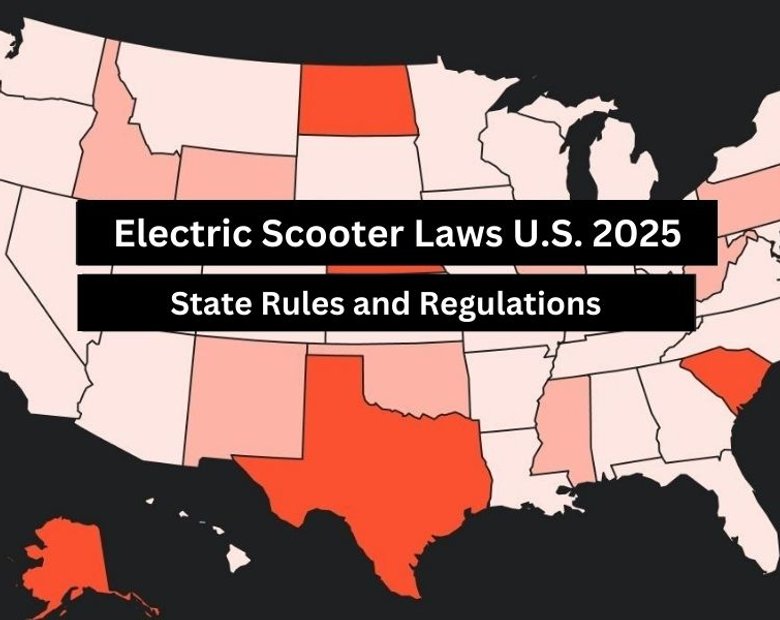
Stay current with the latest U.S. electric scooter laws in our 2025 guide. Updated annually since our first comprehensive guide, ensuring you have the most recent state and city regulations to ride responsibly”
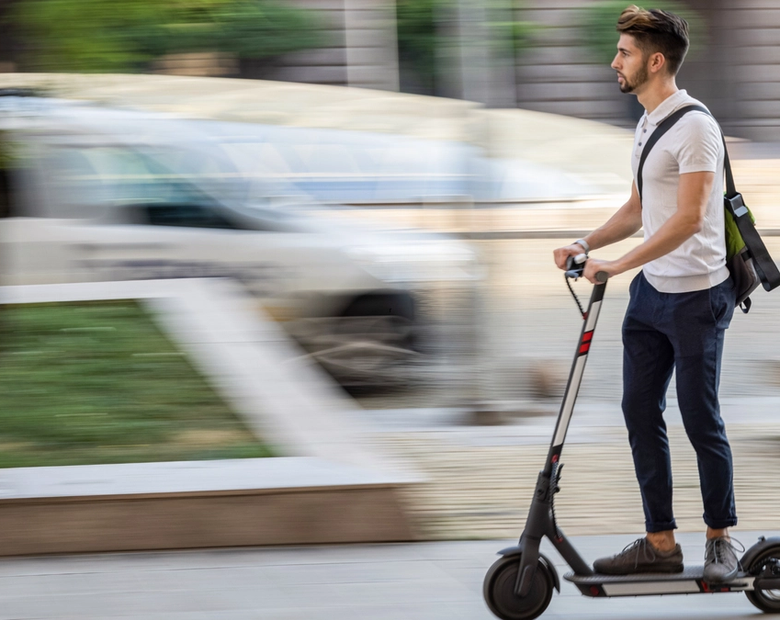
The Slack Core 920R is currently the fastest electric scooter in 2025 that you can purchase without the need for pre-order.
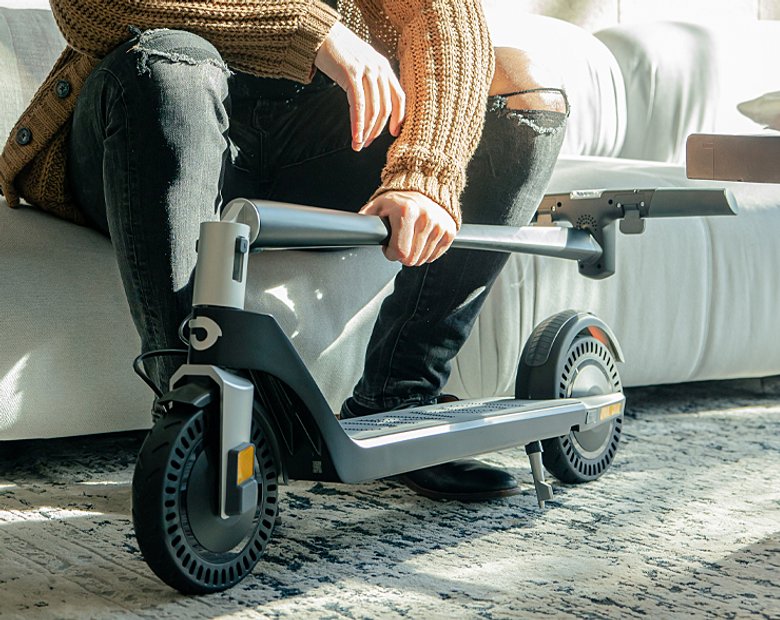
Our selection of the best electric scooters 2025 spans the fastest e-scooters to the most portable ones, the ones designed for city riding and off-road, the best scooters for rain, budget electric scooters for students, and more powerful ones for skilled riders.
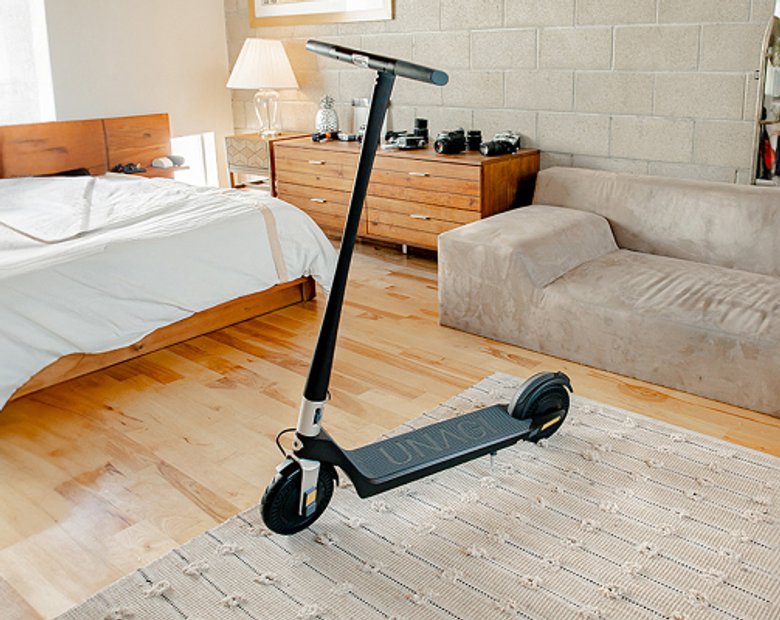
The Unagi Voyager is the best lightweight electric scooter for adults and teenagers. It is the ultraportable sequel to its predecessor, the Unagi Model One Classic.
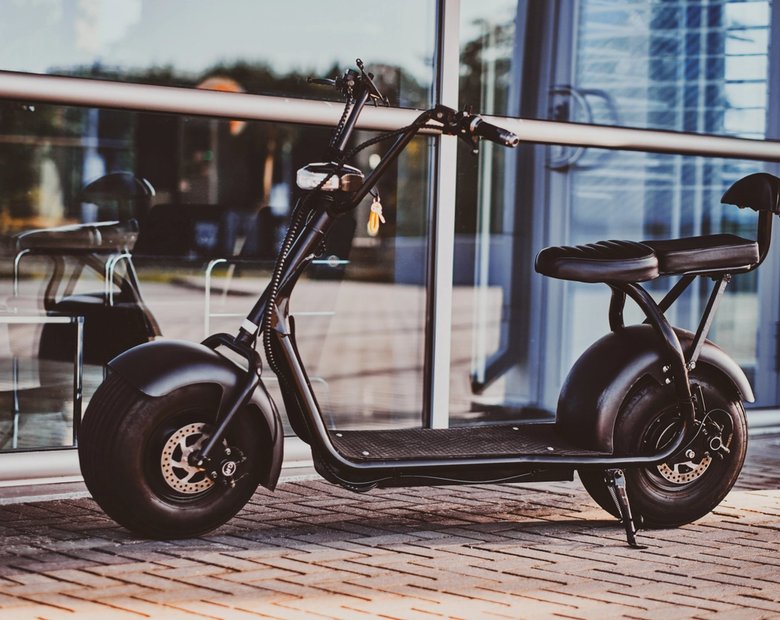
If you're wondering whether an electric scooter with a seat is right for you, this is a detailed article that would suit your need.

Understand which personal electric vehicle is best, the choice between an electric bike or electric scooter might already be made for you by some critical factors, including portability and storage capacity.
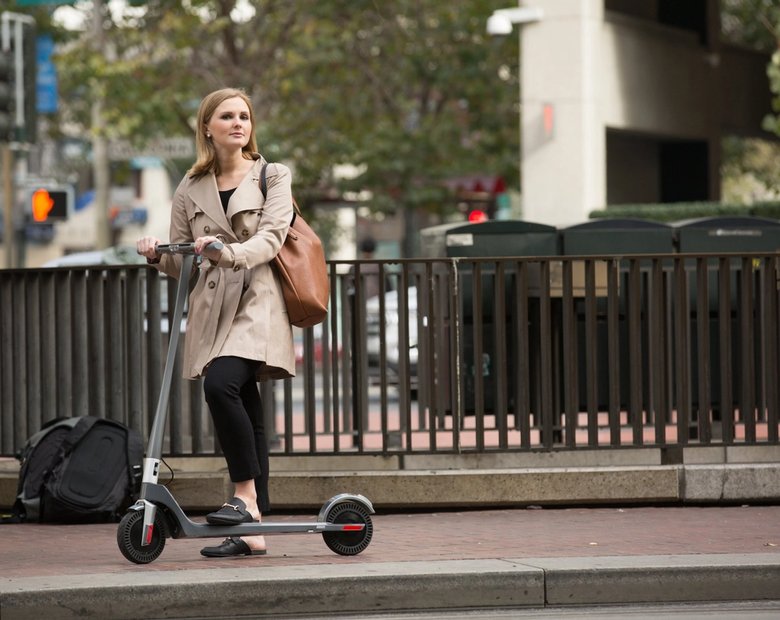
In the U.S., most states don't require a license. For those that do, they usually just ask for a regular driver's license or a learner's permit.
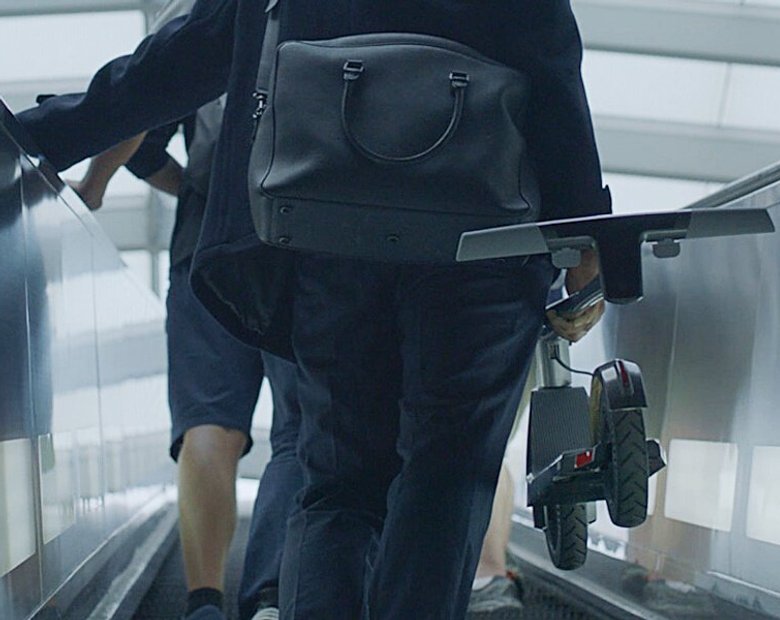
Yes, you can bring an electric scooter on a plane, but it needs to have a lithium battery smaller than 100 watt-hours, which most don't.

Manufacturers advise against riding electric scooters in the rain. The main reasons are: water can fry the electronics, make the ride dangerous, and void your warranty.

The basis and the premise of my work is that we either operate out of love or we operate out of fear...Time is currency. The coolest thing about the scooters is that it's really quick, and it goes uphill. From there, traveling more efficiently and having a good time doing it--I think that's the most important thing.

Cynthia Leu has a full plate. A tech worker by day, Cynthia spends her off time balancing the parallel lives of a powerlifter, entrepreneur, mental health advocate, and more. Riding Unagi helps this USMC veteran cut down on everyday…

https://www.youtube.com/watch?v=7m2hVBE62LY Rasheed Muhammad is sick of Los Angeles traffic. In order to preserve his sanity, Rasheed has traded his everyday driving habit for the portable and beautiful Unagi Model One. It’s an essential accessory for navigating LA streets -- and…

Rich Lee, Co-Founder of San Francisco’s SPRO Coffee Lab, wants to share his love for coffee with the world. He depends on riding Unagi to avoid the hassle of navigating the parking crunch in the booming Mission Bay neighborhood.…

